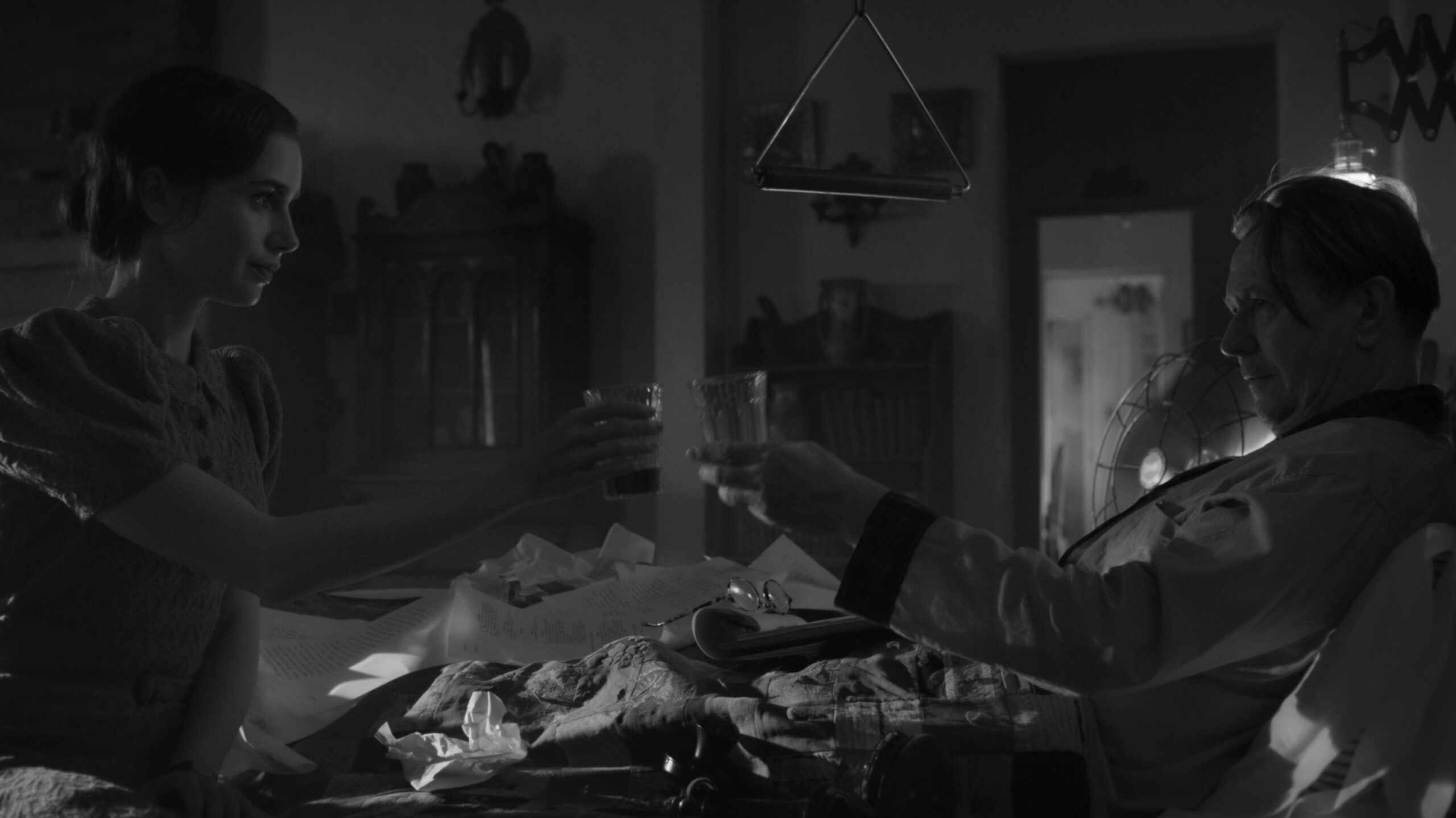2020 was a strange and strained year in so many ways. Every aspect of culture has had to adapt to shifting circumstances. But cinema in particular — an institution based on the idea of large groups of people sitting in a tightly-packed room for two hours — had to adjust. Schedules for both production and […]

